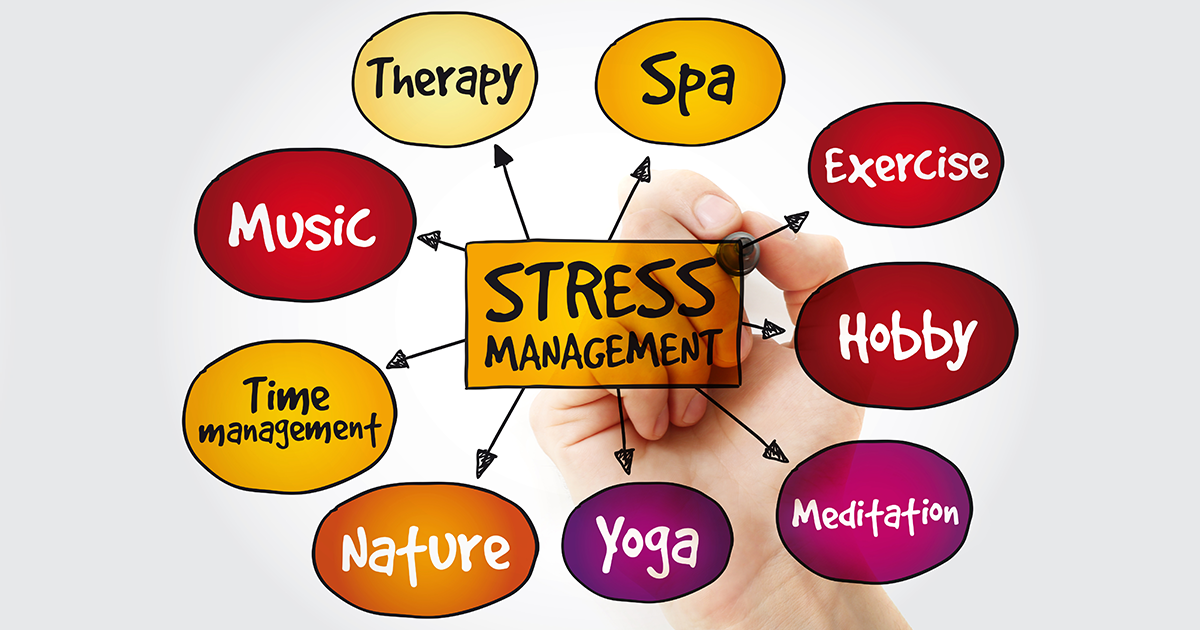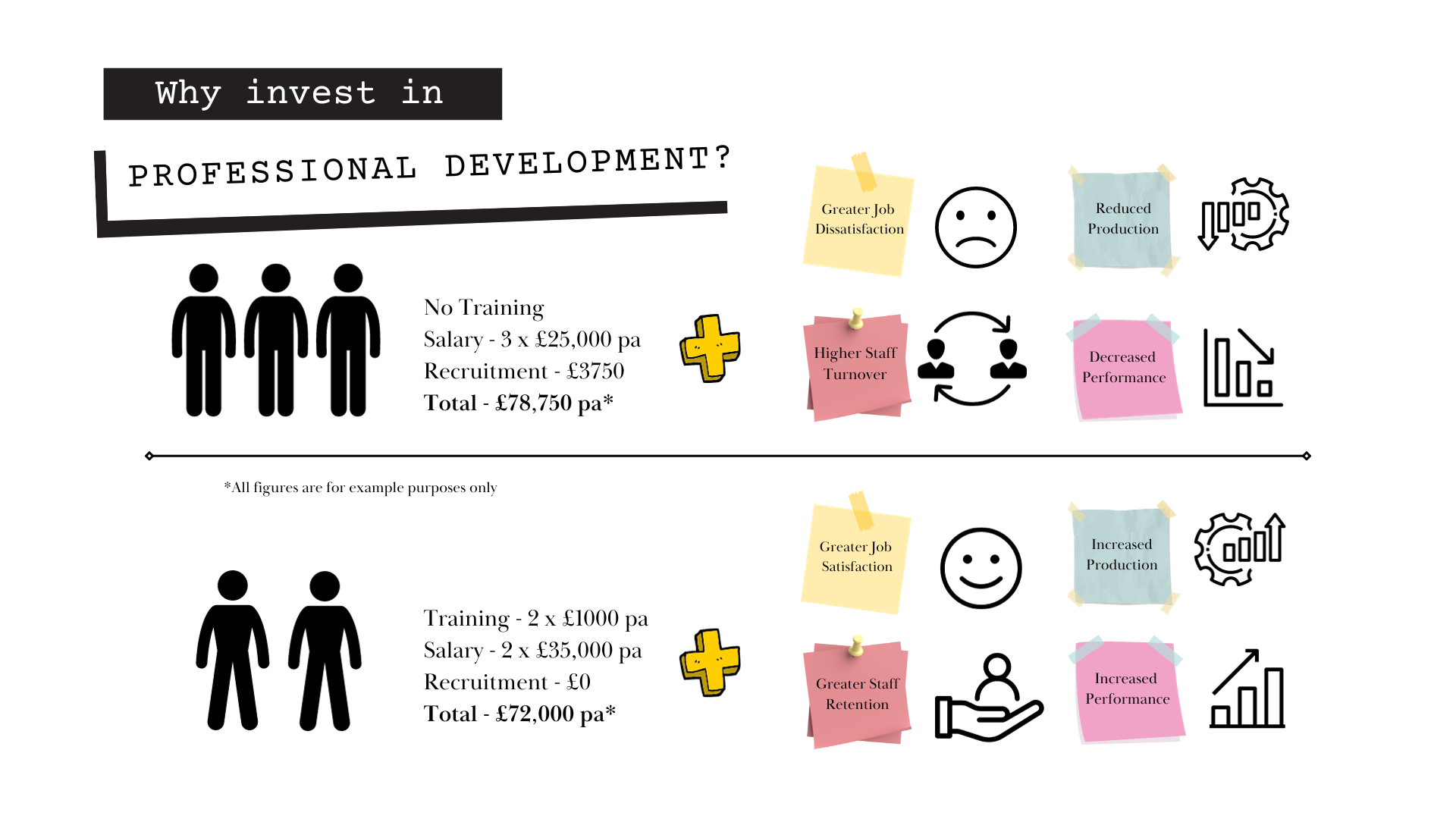In today’s fast-paced world, workplace stress has become an all-too-common phenomenon. The demands of the modern work environment can take a toll on our mental and physical well-being. However, there are actionable steps we can take to alleviate this stress and create a more balanced, productive, and fulfilling work life and it is important we do so. This blog will look at what workplace stress is and offer, employers and employees alike, some helpful tips for tackling it.
What is Workplace Stress?
It is normal, and even healthy, to experience a degree of pressure at work; It what helps us to hit deadlines, smash targets, and handle high risk situations. Stress triggers the body’s ‘fight or flight’ response, often recognised as an increase in heart rate along with spikes in hormones cortisol and adrenaline. When levels of stress in the workplace are ‘normal’, these hormones subside once the pressure alleviates. However, when these pressures become too intense or prolonged it can be detrimental to our physical and mental health.
Symptoms of Stress
Symptoms of prolonged stress, both at work and in our personal lives, can include anxiety, depression, headaches and tension, digestive issues and weight changes, poor sleep quality, and even heart health concerns. The long-term impact can be time off due to illness, relationship breakdowns, making mistakes and having accidents and much more.
Here are five top tips for reducing workplace stress and helping you find a sense of equilibrium.
1. Prioritise Time Management:
One of the biggest sources of workplace stress is feeling overwhelmed by an endless to-do list. Effective time management is crucial for maintaining a healthy work-life balance. Start by prioritizing tasks based on urgency or importance. You can utilise tools like calendars, task management apps, and project management software to help you keep track of your responsibilities. Set realistic deadlines and allocate time for breaks. Remember, quality often trumps quantity – focus on completing tasks to the best of your ability rather than rushing through them. As an employee, if you feel your workload is too great, have an open discussion with your manager – you should feel comfortable speaking out if you feel you are feeling overwhelmed.

Signs of Poor Time Management & Overwhelm
Telltale signs that someone is overworked or feeling stressed at work include:
- Working extra hours and not taking appropriate breaks
- More frequent absences due to stress-related illnesses
- Increased irritability, frustration, or negative outbursts
- Seeming withdrawn, or otherwise acting out of character
- A noticeable drop in concentration or appearing visibly tired
- Deadlines are missed regularly, and tasks go uncompleted
Note to Employers
Employers should be mindful of their expectations – is what you’re asking of your team achievable? Does the staff member have the knowledge base to complete that task or is further training required? Objectives should always be SMART, specific, measurable, achievable, realistic, and timely.
Encourage your team to speak up if things get too much and stay on top of staff training and operational procedures so employees can do their job effectively within their regular working hours. A high stress work environment may result in a reduction in productivity, an increase in stress related absences, and a higher staff turnover.
2. Establish Boundaries:
In our hyper-connected world, it’s become increasingly difficult to detach from work. Establishing clear boundaries between your professional and personal life is essential for reducing workplace stress. This can be particularly challenging for home workers. Set specific work hours and avoid checking your emails, taking calls, or engaging in work-related activities outside of those times. Communicate your boundaries with colleagues and superiors to ensure they are respected. This separation allows you to recharge and be more productive when you are on the clock. It is equally easy to allow work to encroach on your down time if you work from home. Remote workers could perhaps consider exploring a co-working membership in order to remove work from the home environment.

Note to Employers
To keep a happy productive workforce, it is important to respect their personal time. Failing to do so may not only lead to highly stressed staff, but also create resentment. Things you should avoid as an employer in order to allow your staff to maintain boundaries include:
- Having your team use their personal phones for business purposes
- Contacting staff about work while they are on holiday
- Contacting staff about work outside of contracted hours
- Failing to implement appropriate standard operating procedures
- Not respecting medical appointments and/or special occasions
3. Practice Stress Management Techniques:
While we can do our best to mitigate it, we can’t eradicate stress from the workplace. When you’re having ‘one of those days’, incorporating mindfulness and relaxation techniques into your routine can help significantly. Actively take breaks to practice deep breathing exercises or meditation when things get too much. Just five minutes of breath-work can help reduce your heart rate and calm the body and mind. In turn, this can help improve focus and reduce anxiety.
For further stress relief, consider incorporating physical activities like yoga or stretching exercises into your day. These practices promote physical well-being and can release any tensions built up during the workday. If you’re lucky enough to work somewhere that has a gym or outdoor space for walking or running this can be a great way to spend your lunch hour.
Some other stress management techniques you could use include:
- Journaling
- Laughing
- Volunteering
- Counselling
- Eating well
- Exercising
- Talking walks
- Socialising

Note to Employers
While no workplace is entirely free from stress it’s important to enable your team to defuse when the pressure gets too great. Companies are now recognising the importance of mindfulness and well-being at work and its impact on productivity and staff retention. Ideas for improving well-being at work include:
- Providing access to mental health support services
- Supporting professional development through training
- Show appreciation through reward and recognition schemes
- Wellness initiatives such as gym memberships or running clubs
- Ensure staff take holiday, have breaks, and have work-life balance
- Encourage communication and work together to solve issues
4. Seek Professional Development and Learning Opportunities:
Investing in your professional development can lead to increased confidence and competence in your role, ultimately reducing workplace stress. Seek out learning opportunities, workshops, and training sessions relevant to your field. Expanding your skill set and knowledge base not only benefits you but also contributes positively to your workplace. Additionally, taking the initiative to learn and grow can lead to a greater sense of purpose and satisfaction in your career.
Note for Employers
Many companies fail to provide additional training and professional development. This happens for many reasons such as financial concerns, misplaced priorities, or the fear of then losing these highly skilled staff to other employers. But your people are a highly lucrative and worthy investment. Providing training and advancement opportunities empowers your staff and hones and refines their skills – ultimately making them more productive and capable.

5. Promote a Positive Work Environment:
A positive work environment plays a crucial role in reducing workplace stress. You should be comfortable with open communication and have mutual respect and a sense of camaraderie among your colleagues. Teamwork and supporting one another will help reduce stress while working towards achieving common goals. Celebrate achievements, no matter how small, and embrace constructive feedback. Feeling valued and appreciated at work will significantly impact your overall stress levels. If you feel your workplace is lacking a positive energy, consider speaking to your colleagues or supervisor about this.
Note for Employers
Promoting a positive work environment is vitally important for business success, longevity, and staff retention. To make your workplace a positive place to be we recommend:
- Encouraging open, honest and non-judgmental communication
- Avoid developing a blame culture and conquer issues as a team
- Recognise achievements and celebrate even the small wins
- Provide constructive feedback and offer training and development
- Consider having team building days and regular team activities
- Encourage autonomy – you hired them because they’re capable right?
Destress for Success
Reducing workplace stress is essential for maintaining a healthy work-life balance and ensuring long-term career success. By implementing these five tips – prioritising time management, establishing boundaries, practicing mindfulness, promoting a positive work environment, and seeking professional development opportunities – you can create a more harmonious and fulfilling work experience. Remember, taking care of your own or your staff’s well-being is not only beneficial for the individual, but also contributes positively to the wider workplace, and ultimately leads to greater overall success and satisfaction.

